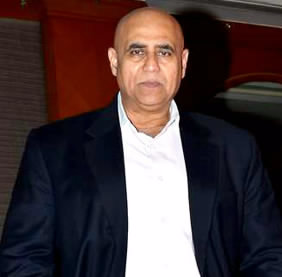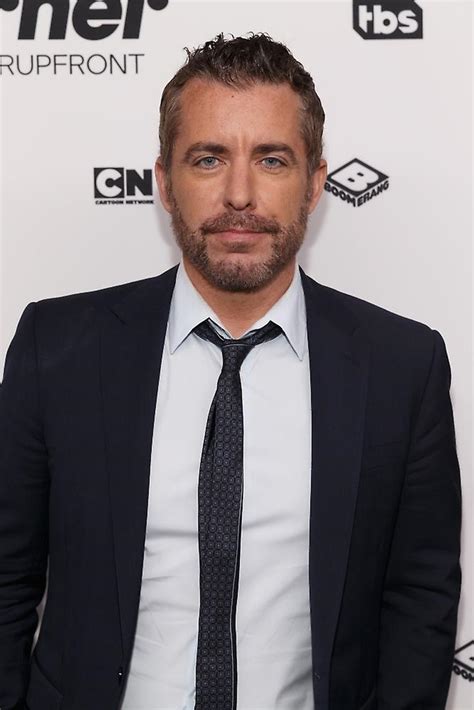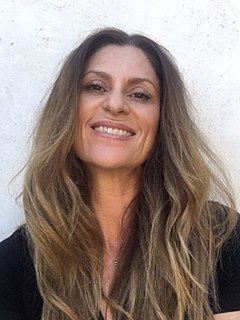A Quote by Puneet Issar
We often know only one version of the story... the version portrayed by the person who wins a war and lives to tell the tale, and the one who loses a war is always remembered as the 'Antagonist' making the victor the 'Protagonist.'
Related Quotes
A good story isn't the one that shuts everyone down and sort of leaves them in silent awe. A good story is one that, even before you finish the anecdote, you can see their eyes shining because it has so resonated with something from their own lives that everyone in the group has a version of the same story and they cannot wait to tell it, and that they're going to compete to make their version even more extreme than your version. So your version is just a seed.
Every field piece I did on 'The Daily Show' was a story that lasted five to six minutes. We had a protagonist, we had an antagonist and often put them at odds. We knew the story we wanted to tell before we went in, and often it was about plugging whatever character you have - in this case, a real person - into said part.
Inside the White House there were always extreme amounts of doubt about whether they should be escalating in Afghanistan. In fact, most of the president's advisers said, "This is probably not going to work." A lot of people in the military said, "This is probably not going to work." If the thumbnail version of the Iraq war was that George W.Bush lied about mass destruction weapons, the thumbnail version of Barack Obama's war in Afghanistan is that the generals pushed him into a war he didn't want to fight.
I looked at the 1950 animated film [Cinderella], I read a couple of editions of the fairy tale that I have in my house and all of it seemed to say that there was room for a version that delivered, in this story, which seems to invite a feeling in people and I think that is some version of a classical world.
The benefit of writing a collection - as opposed to a novel - is that I'm able to have some version of the war in each story without having to comment on its all-encompassing nature. Turn the page and here are new characters and new situations, but the war remains... Isn't that how life has been for us for over a decade?
You know, when you make something in live-action, you make it real. And when you are inspired by and determined to honor the original - the most original version of the 'Mulan' story - then you have to acknowledge that this is a story about a young woman who disguises herself as a man and goes to war.
When I was approached for the Kannada version of the film, the makers said it would be their version of 'The Dirty Picture,' based on the life of Silk Smitha. So, I asked them for the exact story. But, I was shocked after hearing the complete story. It was neither like the Bollywood version, nor about the life of Silk Smitha.
I think we all carry within us different versions of ourselves. Our true, greatest, most honest versions of ourselves can either be developed and nourished, or it can remain dead from neglect. Most people opt for the easiest version rather than the best.
But in the end which version lives, which version thrives and which version dies, depends on the choices we make and the people in our lives.
after a generation or two of shedding the deliberate political encumbrances to war ... of dropping Congress from the equation altogether, of super-empowering the presidency with total war-making power and with secret new war-making resources that answer to no one but him, of insulating the public from not only the cost of war but sometimes even the knowledge that it's happened - war making has become almost an autonomous function of the American state. It never stops.

































